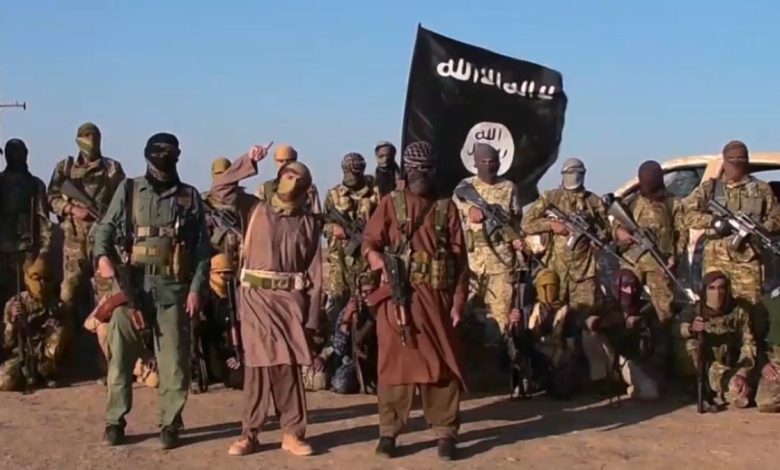UN: ISIS Poses Rising Threat in Africa

Agencies – Sudan Events
“Daesh [ISIS] affiliates continued to operate with increasingly more autonomy from the Daesh core,” he said, warning that if this trend persists there is a risk “that a vast area of instability may emerge from Mali to the borders of Nigeria.”
The Executive Director of the UN Counter-Terrorism Committee, Natalia Gherman, said: “They are exploiting the political instability and expanding their radius of influence, their operations and territorial control in the Sahel, with growing concerns for coastal West Africa.”
She added: “The African continent now accounts for almost half of terrorist acts worldwide, with central Sahel accounting for about 25 percent of such attacks.”
According to Voronkov, countering the threat of terrorism in Africa remains a priority for his office.
To that, Gherman added: “Enduring challenges persist in the Middle East, Southeast and Central Asia, with indications that Daesh is attempting to resurge in those sub-regions as well.”
ISIS broke away from al-Qaeda over a decade ago and attracted supporters from around the world. Despite its defeat in Iraq in 2017 and in Syria two years later, UN experts said last month that there are still between 3,000 and 5,000 fighters.
In Iraq, they are carrying out “a low-intensity insurgency with covert terrorist cells,” while in Syria, attacks have intensified since November, the experts said.
In positive developments, Voronkov pointed to the group’s prolonged delay in naming a new leader after the previous leader was killed, saying this “reflects internal challenges and difficulties in ensuring the new leader’s security.” In countries such as Indonesia, Malaysia, Egypt and Mozambique, he said, terrorist activities by ISIS affiliates “have reduced due to effective counter-terrorism efforts by member-states.”
Government efforts to tackle ISIS financing are also continuing to produce results, Voronkov added. “Daesh’s financial reserves are currently estimated between $10 million and $25 million, down from hundreds of millions a few years ago,” the UN undersecretary-general said.
In Afghanistan, Voronkov said, efforts by the country’s Taliban rulers “have reportedly had an impact on the ability of the Daesh affiliate to conduct attacks inside the country.” But UN experts have described ongoing ties between the Taliban and al-Qaida.
Gherman said a priority for her committee is to work with the 193 UN member-states to address the use of new technology for terrorist purposes, pointing toward the ISIS’ increasing use of drones for intelligence gathering and attacks.
Interpol Secretary-General Jürgen Stock said the international police organization is working closely with UN counter-terrorism officials on a project to help law enforcement agencies “identify and prevent the exploitation, for terror purposes, of technical enablers such as encryption services, video distribution tools and new propaganda platforms.”
He said Interpol also has a project to collect data on links between organized crime and terrorists, citing as an example the trafficking of cocaine through North and West Africa mostly by sea and along the Sahel route.
“Our findings show interactions between terrorist groups and criminal organizations, where their interests and areas of operation converge to benefit both sides,” he added.



